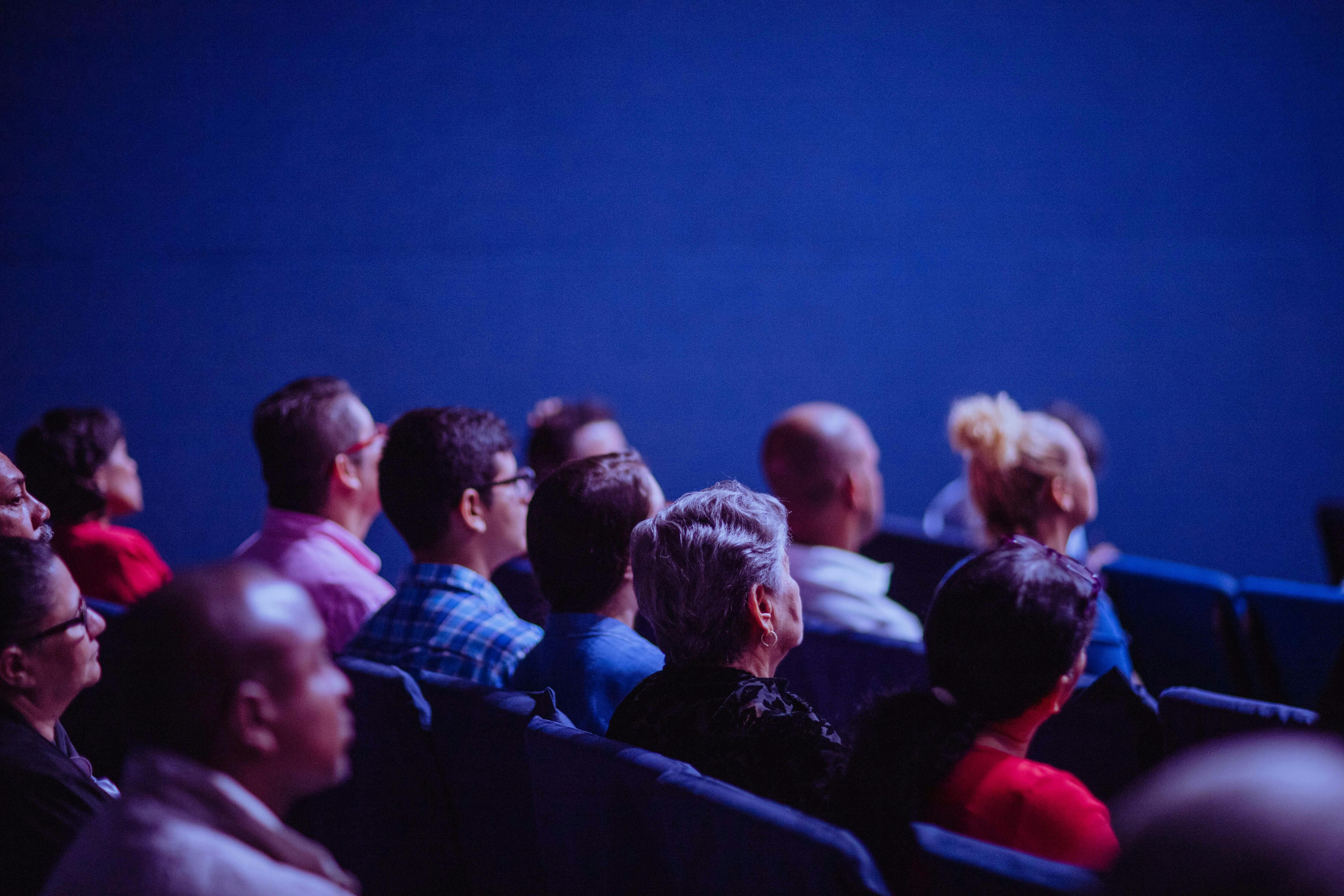- Share
- Share on Facebook
- Share on X
- Share on LinkedIn
Lecture, Roundtable / Citizenship, Scientific culture
On December 3, 2024
Agglomération grenobloise

Climate change is largely caused by the accumulation of greenhouse gases in the atmosphere, primarily carbon dioxide (CO2). The majority of anthropogenic CO2 emissions come from the combustion of fossil fuels, but other sources, such as limestone heating, metal oxide reduction, or petrochemical processes, also contribute significantly.
Since it is challenging to completely abandon these practices, one solution is to capture CO2 before it is released into the atmosphere. This gas can then be permanently stored underground (a process known as sequestration, or CCS for carbon capture and storage), or transformed into liquid fuels through electrochemical processes. The latter option, called capture and reuse (CCU, carbon capture and usage), enables the carbon cycle to close by converting decarbonized electrical energy into hydrocarbons, which can be used for transportation, among other applications. These techniques are primarily applied at industrial sites where CO2 concentrations are sufficiently high.
Various capture, storage, and transformation processes have been proposed. Paradoxically, underground CO2 storage was initially used to enhance hydrocarbon extraction by increasing reservoir pressure. However, these methods can also be employed to permanently trap CO2 underground or convert it into synthetic fuels, thus making CO2 a resource.
Nevertheless, these technologies face significant challenges: they require substantial energy and raise questions about their technical feasibility and economic viability. What are the risks of long-term leaks in sequestration? Are there associated chemical pollution concerns? And how much CO2 can we realistically hope to capture or reuse?
To discuss these issues, we invite you to participate in a café-debate with our speakers:
- Alban Chappaz, research engineer in catalysis and processes
- Pascale Chenevier, researcher in materials science
- Laurent Duveau, expert in industrial decarbonization
The discussion will be moderated by Emmanuel Borot (CSCAG).
More information here.
Date
Localisation
Agglomération grenobloise
Café des Arts
36 Rue Saint-Laurent, 38000 Grenoble, France
Free entrance - 6:30PM to 08:00PM
- Share
- Share on Facebook
- Share on X
- Share on LinkedIn